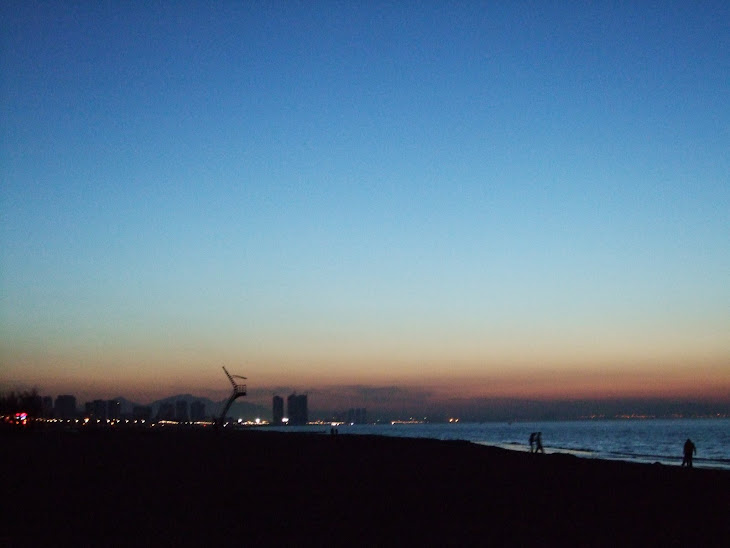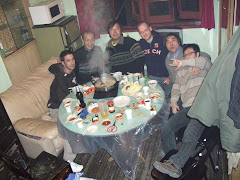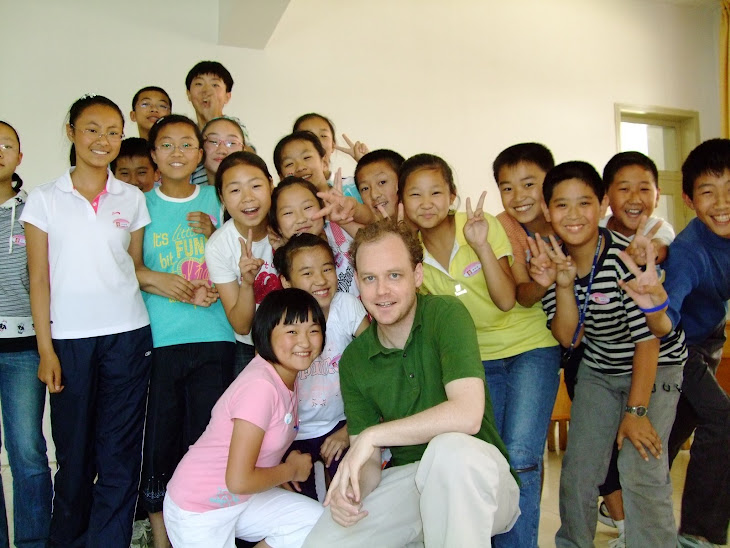For me, studying Chinese makes me feel like a kid again – like I’m back in grade school thinking that eight years is such a long time. Learning language is learning new terminology, just like when you learn a new English word. For example, the first time you heard the word "toughnerd," you probably didn't know what it meant. But, you could either ask the person who said it or figure it out from the context of what was said: "Sam is a toughnerd. He always acts tough, but he spends more time behind a computer than anyone I know."
I realize now that picking up vocabulary works the same way with foreign languages. You're constantly acquiring and learning new words, but once you use them and practice, you can remember them and get your point across.
Did you ever think about how long it takes to learn a language? Neither did I. But according to what I've read and heard, it takes about 2,700 study hours in order to speak Chinese well. This does not include professional terms, just basic language. By comparison, it takes about 800 hours to become proficient in Spanish or Italian. Natives are fluent because they’ve been “studying” the language since they were born. Therefore, whether you realize it or not, you are studying English everyday in America, just by using it.
On the other hand, English is equally difficult for native Chinese speakers. Many of my students are good at using Chinglish, which is speaking English with Chinese grammar. For example, "I everyday study English" is perfect grammar in Chinese.
Did you ever need to think of a word, but couldn’t? Well, that's another way in which English can be more difficult than Chinese. If you recognize part of a Mandarin character and how to pronounce it, you can guess at its meaning. For example, woman + home = peace.
English is such that any letters can form to make any word. This is difficult for native East Asian language speakers because they use characters or symbols. In this way, (usually two) characters combine to form a word. If you know the meanings of the characters, you can guess at the meaning of the word. For example, fire + mountain = volcano. But with English, all we know is that a volcano is a volcano - it's probably derived from Latin or German, but there's no easy way to guess at it's meaning.
If you're more confused now than when you started reading this, leave a comment and I'll clear things up.
Lô đề luôn là một hình thức giải trí quen thuộc, hấp dẫn những người yêu
thích may rủi và chiến thuật cá cược. Trong năm 2025, Lô đề 1 ăn 99 Sunwin
nổi bật...
2 months ago











